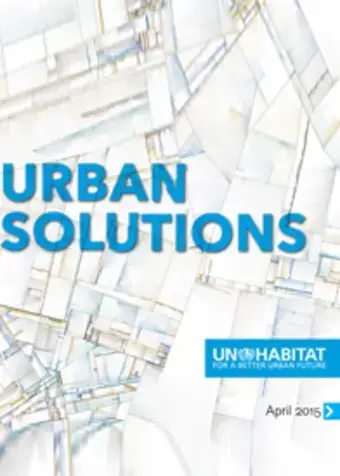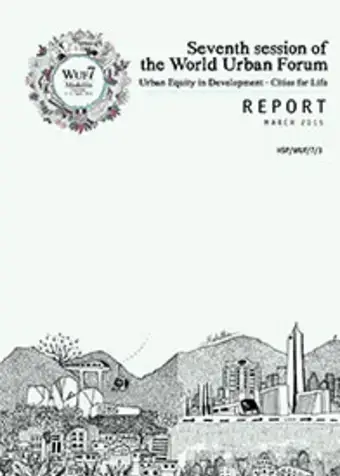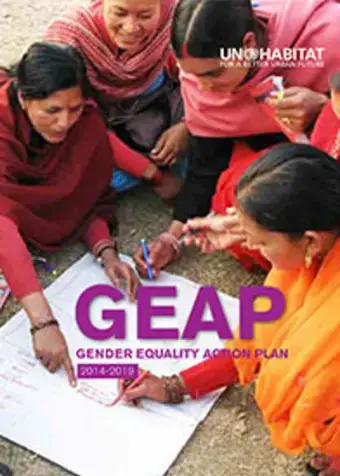November 2018 - The Transformative Urban Mobility Initiative (TUMI) was established by the German Government, has just celebrated its second birthday. Since its launch in October 2016 at the Habitat III conference in Quito, TUMI has trained over 1,500 urban mobility decision-makers and provided seed funding to scale-up and replicate innovative pilot projects .
The Initiative aims to support cities to transform their transport systems and move towards policy and investment decisions to support sustainable mobility.


